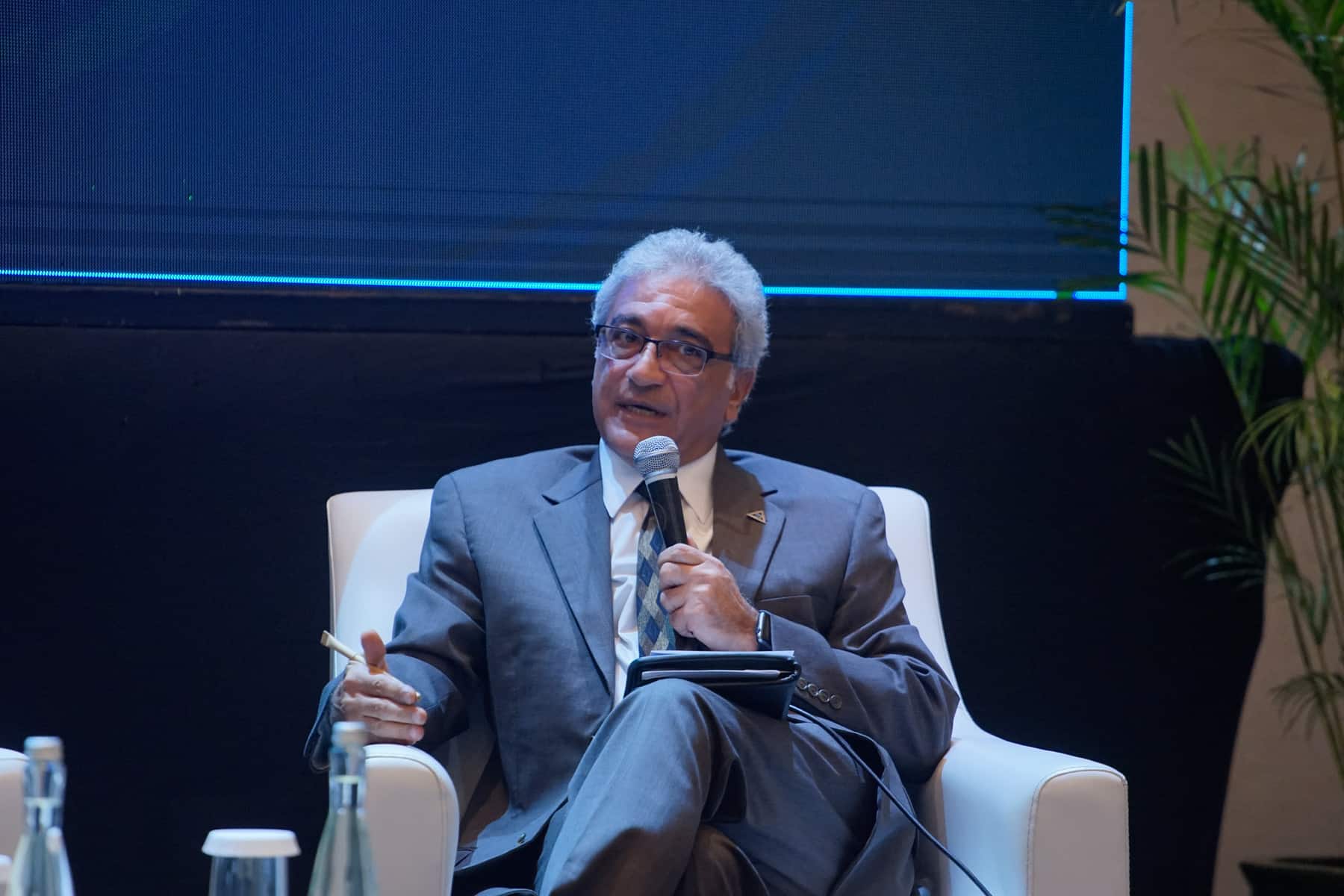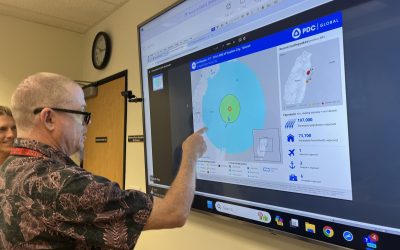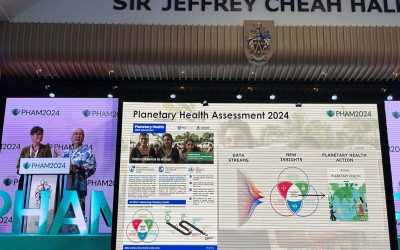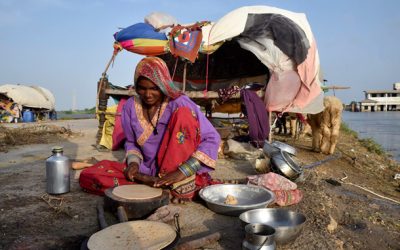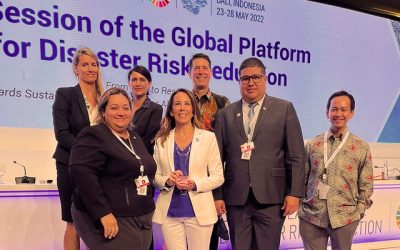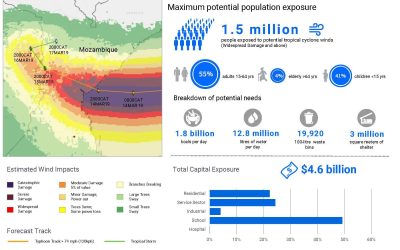A wide range of experts representing academics, private sector, disaster managers, nongovernmental organizations (NGOs), and United Nations agencies gathered recently to examine how artificial intelligence (AI) and big data can be used in disaster risk reduction to save lives.
“As humanitarians and disaster managers, we don’t want to be only spectators in this big data industry but want to learn from this industry and shape its work for our needs,” said Ms. Adelina Kamal, Executive Director of the ASEAN Coordination Centre for Humanitarian Assistance (AHA Centre). She added, “Having a data intelligence system will allow the AHA Centre to quickly analyze data and transform it to sharp, accurate, and reliable information, increasing scale and solidarity for One ASEAN One Response.”
The ASEAN Workshop on Disaster Reporting and Big Data for Disaster Management held in Jakarta, Indonesia, March 18-19, organized by the AHA Centre, was attended by about one hundred participants, including 30 representatives from the association’s national disaster management organizations. AHA Centre is responsible for coordinating humanitarian response and risk reduction for ASEAN’s ten member states.
The stage was set by an academic review of AI theories by Dr. Ismail Fahim of Media Kernels Indonesia, followed by a review of current applications in private industry and the public sector, represented by GoJek (one of the largest ride-sharing companies in Southeast Asia), and U.N. PulseLab Jakarta, respectively. The current state of applications were then presented by various practitioners and NGOs, including Humanitarian Data Exchange and Humanitarian OpenStreet Map.
PDC’s Executive Director, Ray Shirkhodai, was joined by Dr. Mizan Bisri of United Nations University on the final panel examining advanced applications of AI in disaster risk reduction that might take place one to five years in the future, including existing PDC products and near-future applications.
Shirkhodai, who also moderated a workshop of international partners to coordinate next steps, said “At PDC, our focus is laser-sharp on practical and cost-effective applications of AI to aid the informed decision-making process and, in particular, expert systems that yield tangible and promising results.”
For example, PDC is already using an AI expert system to combine real-time hazard exposure with detailed global population and capital asset big data to estimate potential impacts and losses. “This expert system is helping us answer what, where, and how bad a hazard might be before an event occurs or within seconds of an occurrence,” Shirkhodai said. “These faster and more precise predictions are being used by planners and responders to better inform decisions.”
He cautioned, however, that to succeed as a community using AI, “we should be cognizant of fact versus hype currently surrounding the topic.”
The event ended with recommendations from three concurrent workshops held the second day that captured visions of the ASEAN member states in 2025 and the role of international partners in helping the practitioner community use and proliferate cost-effective AI technologies and products.

